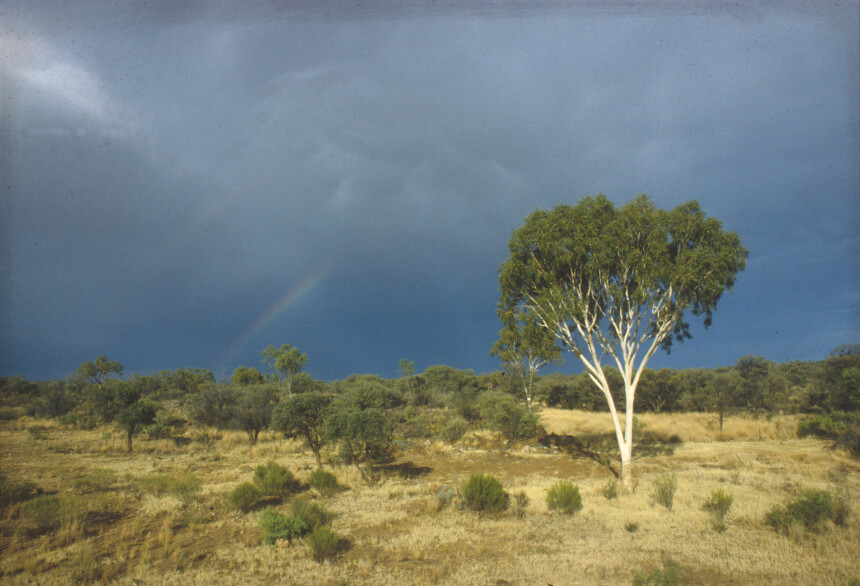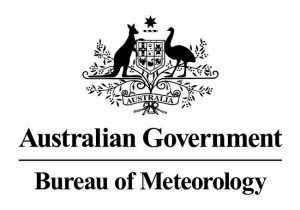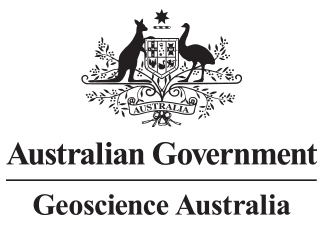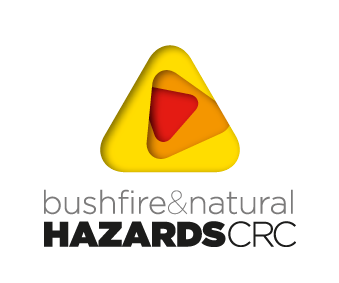Peery Lake and Paroo River Wetlands fill in once-in-a-decade outback event

After almost a decade dry, Peery Lake in far west New South Wales has filled thanks to soaking rains from Queensland.
The ephemeral lake is a part of the Ramsar-listed Paroo River Wetlands and is an important part of a shrinking network of habitats for many of the world’s water birds.
Paroo Darling National Park ranger Jo Shalders said the water was a very welcome relief for plants, animals, and humans alike.
“We have been in severe drought for at least the last ten years,” she said.
“This event is going be an absolutely amazing boom in this area for localised breeding and reproduction of native species, and for migratory birds that will come for this event.”
A shrinking habitat
The Paroo River Wetlands are one of 66 in Australia internationally protected by the Ramsar Convention on Wetlands.
They are fed by the Paroo River, the only remaining free-flowing river in the Murray-Darling Basin.
Starting from the Warrego range in Queensland, water can take months to work its way down through the Paroo catchment, eventually ending up in the lake.
Ms Shalders said as human life continues to encroach on the world’s unique habitats, the Paroo River Wetlands are an increasingly rare place for water birds to breed and migrate to.
“That’s partly due to how it fills, which is unique, and it supports a high level of biodiversity including threatened species and threatened ecological communities.”
Up to 40,000 waterbirds and 42 species have been recorded at the wetlands, including the sharp-tailed sandpiper which migrates all the way from Siberia.
A lot of excitement
It is hoped the rare phenomena of water in the lake will attract visitors to the Paroo Darling National Park and to nearby towns which have been quiet through drought and more recently the COVID-19 lockdowns.
Senior field officer and Barkindji man Kyle Whyman grew up in the area and said locals were thrilled to have water in the rivers and lakes again.
“You get a lot of people excited to see the water,” he said.
“It does bring a lot of business to White Cliffs and Wilcannia.”
He said seeing the lake at its full potential made him proud to work on the park.
“Growing up I never really knew this existed,” he said.
“If I wasn’t with this job I’d never have been able to see the things I’ve seen here.
Originally published by the ABC, 1 July 2020.







